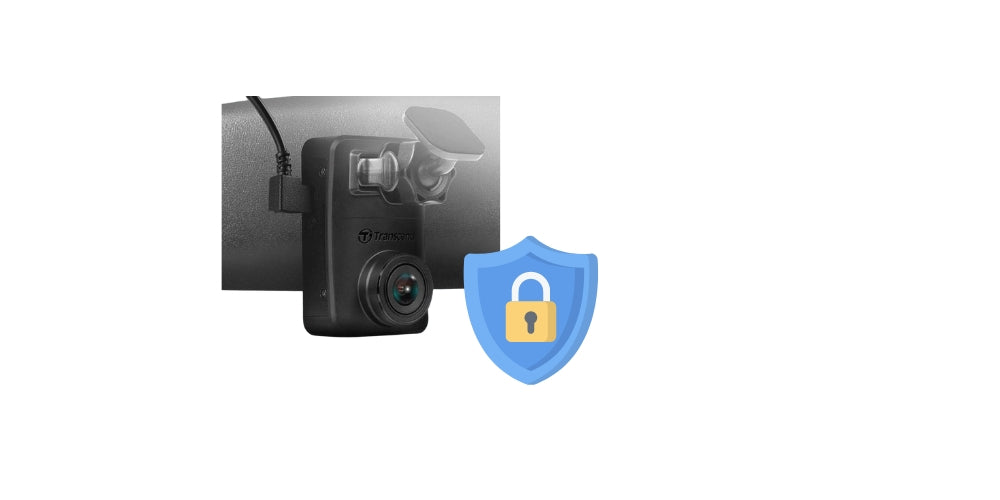Dash cameras, or dash cams, have surged in popularity in recent years due to their many benefits, such as documenting incidents, deterring insurance fraud, and enhancing road safety. Despite these advantages, the pervasive use of dash cameras raises significant privacy issues. Finding a balance between the benefits of surveillance and the need to protect personal privacy requires careful thought and consideration.
Advantages of Dash Cameras
Dash cameras act as an impartial witness to road events, capturing footage of accidents, near-misses, and other incidents. This footage can be crucial in clarifying the circumstances of an event, especially in disputes about fault in traffic accidents, which can lead to quicker and more accurate resolution of insurance claims. Additionally, the mere presence of a dash camera can deter potential fraudsters from staging accidents or making false claims.
Beyond individual protection, dash cameras promote overall road safety. They can record dangerous driving behaviors like speeding, reckless driving, and running red lights. This footage can be reported to authorities, potentially preventing accidents and encouraging safer driving habits.
Privacy Issues
Despite the benefits, dash cameras pose significant privacy concerns. One of the main issues is that dash cameras can unintentionally record people, vehicles, and private property without their consent, raising ethical and legal questions about recording individuals without their knowledge.
In many regions, there are legal restrictions on recording individuals in certain situations. For instance, some places prohibit audio recording without the consent of all parties involved. Dash cameras equipped with audio recording features could inadvertently violate these laws if not used properly. Moreover, footage from dash cameras can sometimes be shared in ways that infringe on personal privacy, such as posting videos online without the consent of those recorded.
Finding the Balance
To balance the benefits of dash cameras with privacy concerns, several steps can be taken. First, it is essential for dash camera users to understand and comply with local laws and regulations regarding recording. This includes knowing where and when recording is allowed and any requirements for notifying individuals that they are being recorded.
Second, dash camera manufacturers and developers can help protect privacy by designing devices with features that support compliance with privacy laws. For example, some dash cameras offer the option to disable audio recording, preventing accidental violations of privacy laws. Additionally, cameras can be designed to blur faces and license plates automatically, further safeguarding the privacy of those captured in the footage.
Third, responsible use and sharing of dash camera footage are crucial. Drivers should avoid posting or sharing footage that could violate others' privacy. If sharing footage is necessary, such as for insurance purposes or reporting dangerous behavior, it should be done through appropriate channels and with proper context to avoid misinterpretation or misuse.
Conclusion
Dash cameras offer substantial benefits for road safety and security. However, their use also raises important privacy concerns that must be addressed. By understanding and adhering to local laws, using privacy-friendly features, and sharing footage responsibly, it is possible to balance the benefits of surveillance with the need to protect individual privacy. As dash camera technology continues to advance, ongoing discussions and considerations of privacy issues will be essential to ensure these devices are used in a manner that respects everyone's rights and privacy.
